Calling for actionable measures to ensure safety of journalists in South Asia
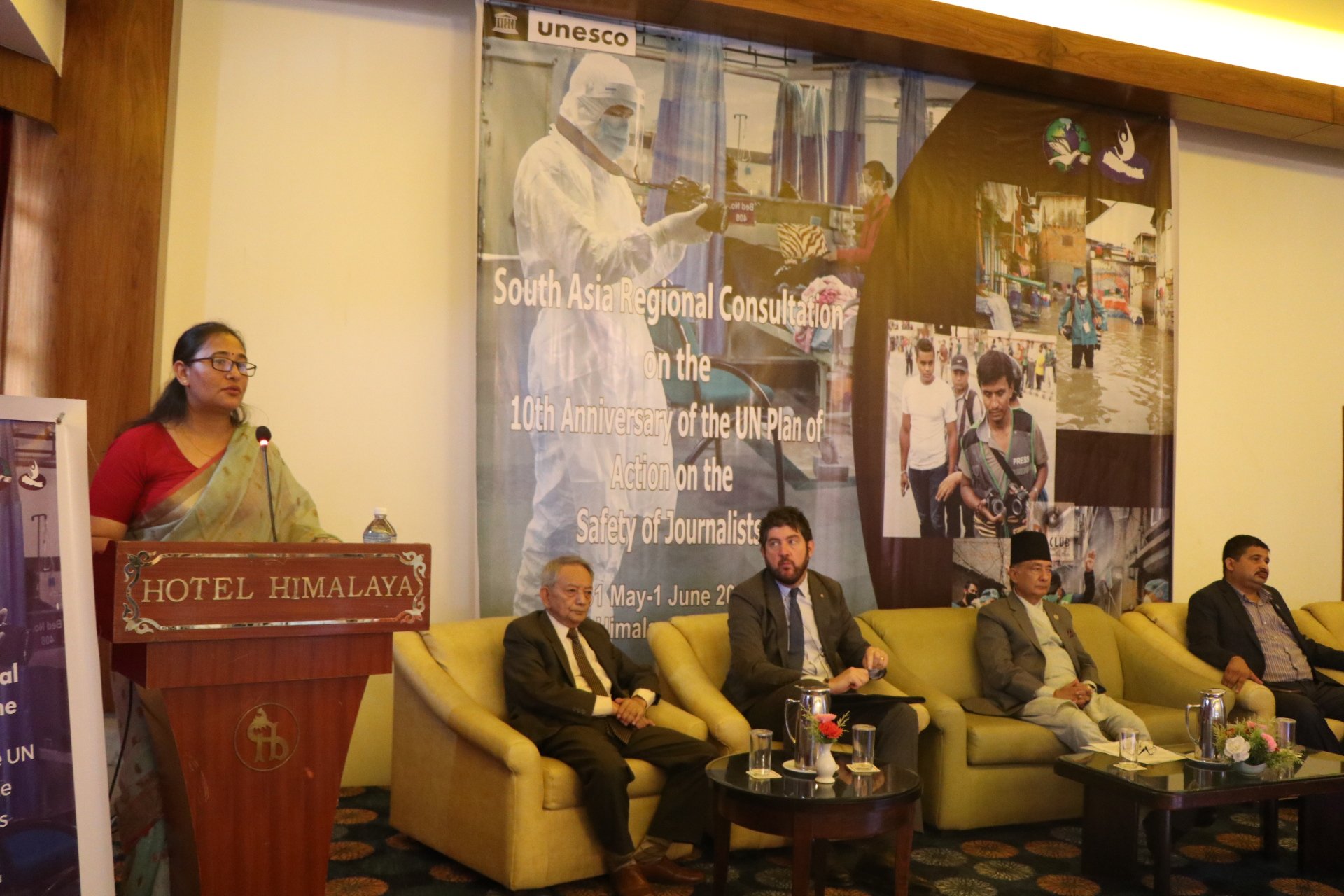
KATHMANDU, June 1: UNESCO, in collaboration with the National Human Rights Commission, Nepal, and the Federation of Nepali Journalists organized a two-day regional consultation to assess the safety of journalists in South Asia on May 31 and June 1, 2022, in Kathmandu.
The event was a part of a global series of consultations by UNESCO to mark the 10th anniversary of the United Nations Plan of Action on Safety of Journalists and the Issue of Impunity (UNPA).
The consultation included journalists, media experts, media rights activists, human rights defenders, and government officials from Bhutan, Sri Lanka, Nepal, India, the Maldives, Bangladesh, Pakistan, and Afghanistan.
“The UN Plan of Action has achieved a number of milestones over the last decade, but clearly more still needs to be done. This regional consultation provides an opportunity for all of us to strategize our collective future action in order to implement it more effectively over the next decade. We will need to build upon the success stories and the lessons learned as well as explore new and better ways of implementing the Plan in the region,” said Michael Croft, UNESCO Representative to Nepal.
The two-day event aimed at assessing the progress the South Asia region has made in adopting the UNPA and strategizing how it could be implemented more effectively, building upon the success stories and the lessons learned from the region.
“Journalists have played important roles in informing citizens and also making public officials accountable during difficult times such as the devastating earthquake of 2015 in Nepal and during the COVID-19 pandemic. These are some reasons why all democratic states must work to ensure a safe and enabling environment for journalists to do their work. This is possible when those who attack media and journalists are brought to justice,” said Gyanendra Bahadur Karki, Minister for Communication and Information Technology, Nepal.
Talking about the progress Nepal has made in implementing the UNPA, the minister added that a safety mechanism has been formed for the journalists within the Nepal National Human Rights Commission.
“The Commission has prepared the guideline for the protection of the freedom of expression. Based on the guideline, a journalists’ safety mechanism has been formed,” said Top Bahadur Magar, Chairperson of the National Human Rights Commission.
When operational, the mechanism, led by the member of the Commission will have a rapid response team to take the action on threats.
“We can only act as a pressure group. But the actionable measures can only be achieved in coordination with the commission for the human rights and agencies such as UNESCO. Dialogues, such as these, are important steps in that direction,” said Bipul Pokharel, Chairperson of the Federation of Nepali Journalists in Nepal.
Sangita Khadka, Chairperson of the Minimum Wage Fixation Committee highlighted the issues of professional safety of the journalists in terms of media sustainability.
The first day of the event focused on the human rights aspect of journalists’ safety and included presentations from Bangladesh, Bhutan, Nepal, India, Pakistan, and Sri Lanka assessing the status of UNPA implementation in the respective countries. A session hosted by International Media Support (IMS) discussed best practices and lessons from the regional countries.
Three focused group discussions were organized on day two of the event. The groups discussed journalists’ safety under three thematic areas:
-Constitutional and legal environment
- Journalists are at the forefront of the news, and
-The digital battle.
A photo exhibition portraying journalists in action was also displayed on the sidelines of the event by The Federation of Nepali Journalists.
The outcomes of the regional consultation will inform a ministerial conference in Vienna, Austria, this November convened by the Austrian Minister of Foreign Affairs, in collaboration with UNESCO and the Office of the High Commissioner on Human Rights (OHCHR), back-to-back with the International Day to End Impunity on 2 November.
The United Nations Plan of Action on the Safety of Journalists and the Issue of Impunity (UNPA) was adopted in 2012 to create a free and safe environment for journalists and media workers everywhere. The Plan of Action advocates, among other things, for the establishment of mechanisms to assist in the formulation and implementation of national legislation that enhances the safety of journalists, freedom of expression, and access to information, in compliance with international rules and principles.


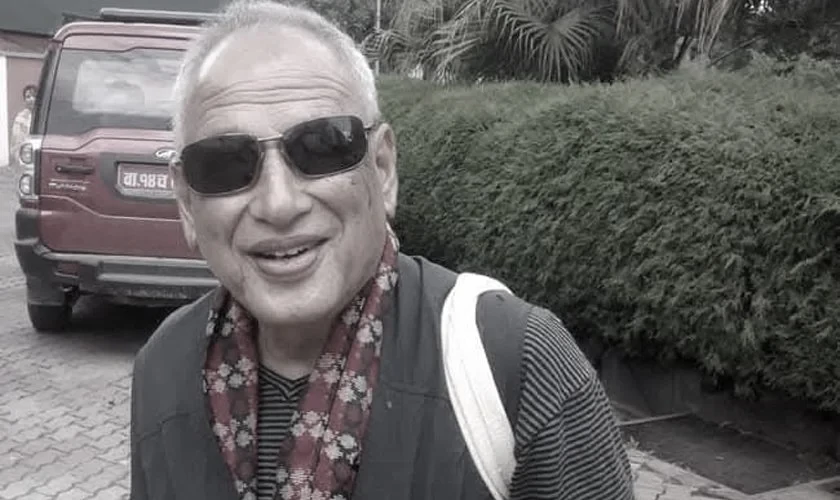
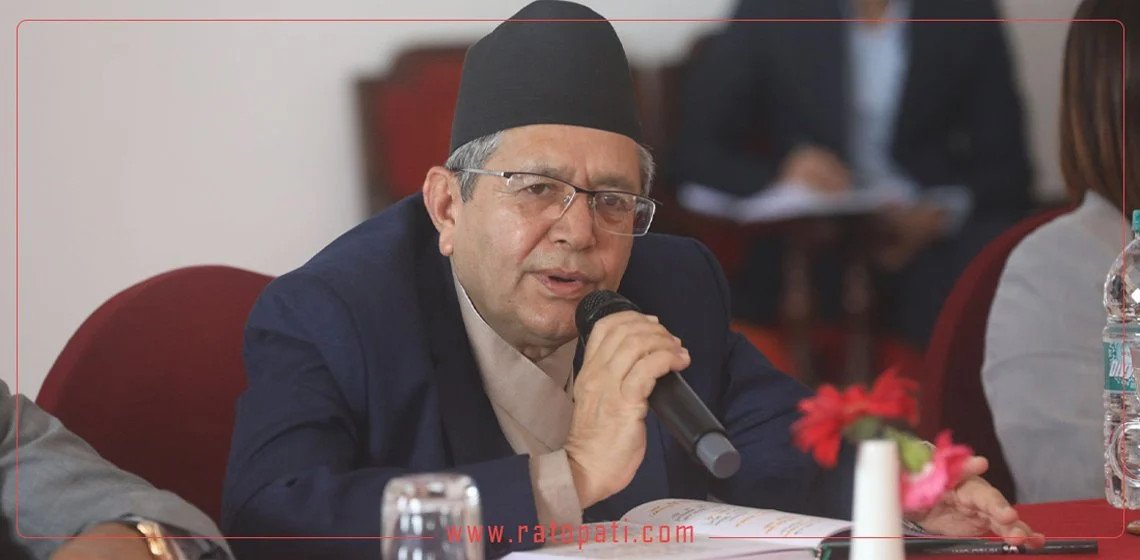
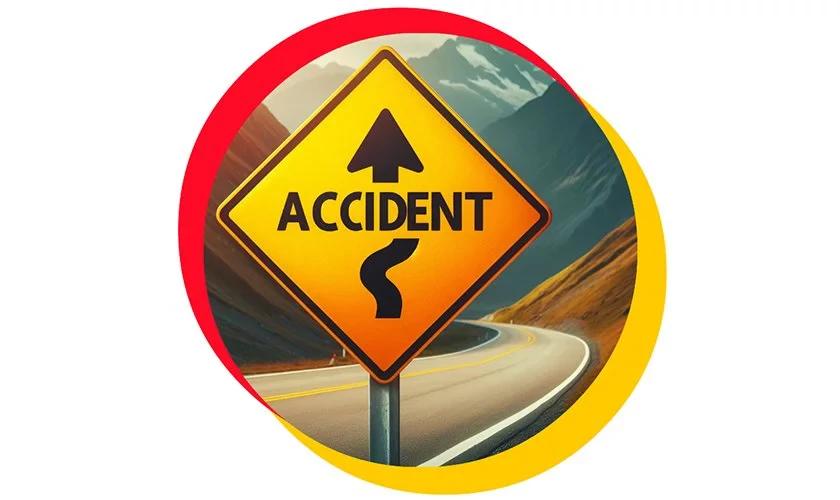
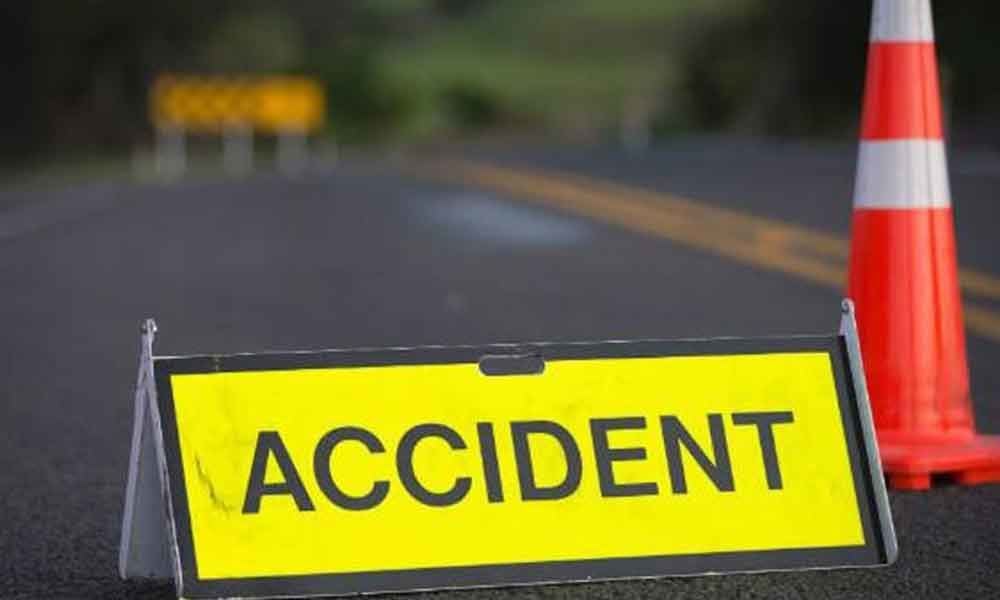
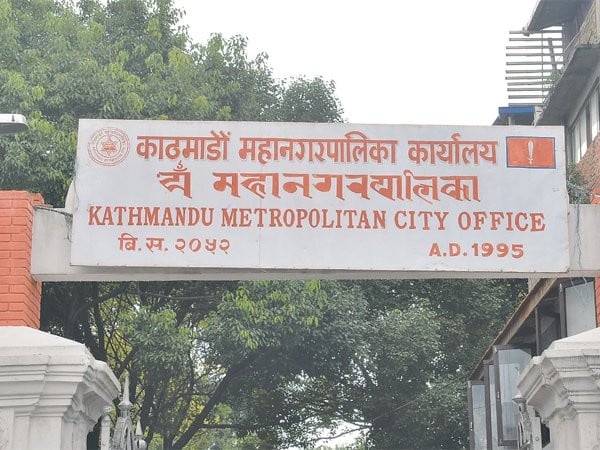
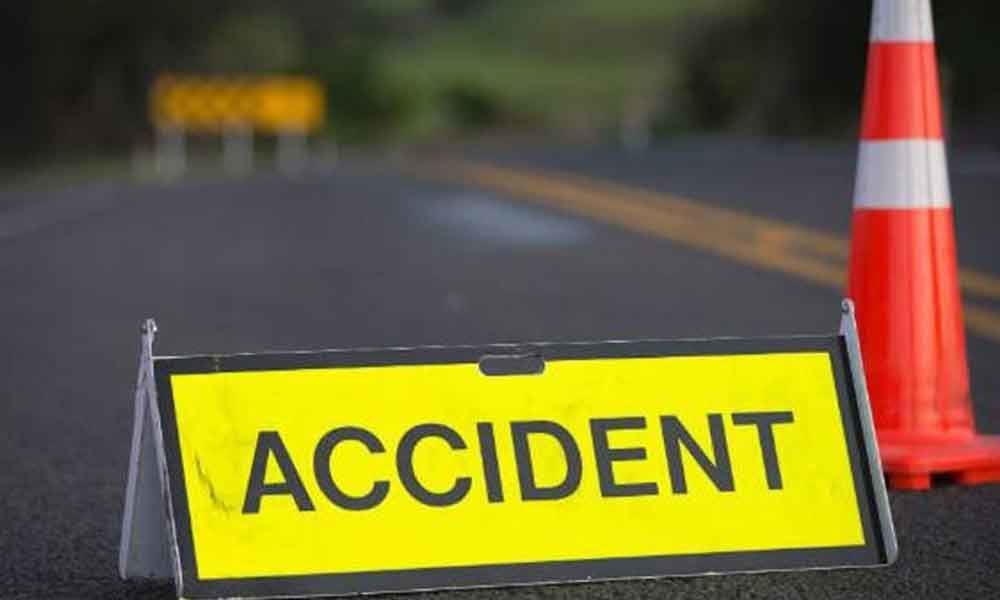
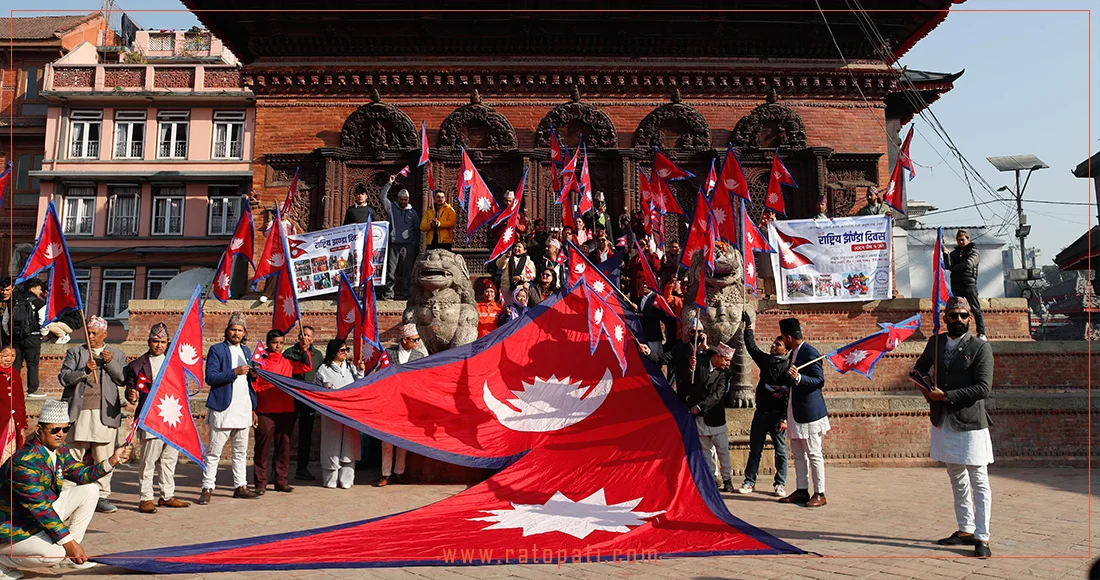
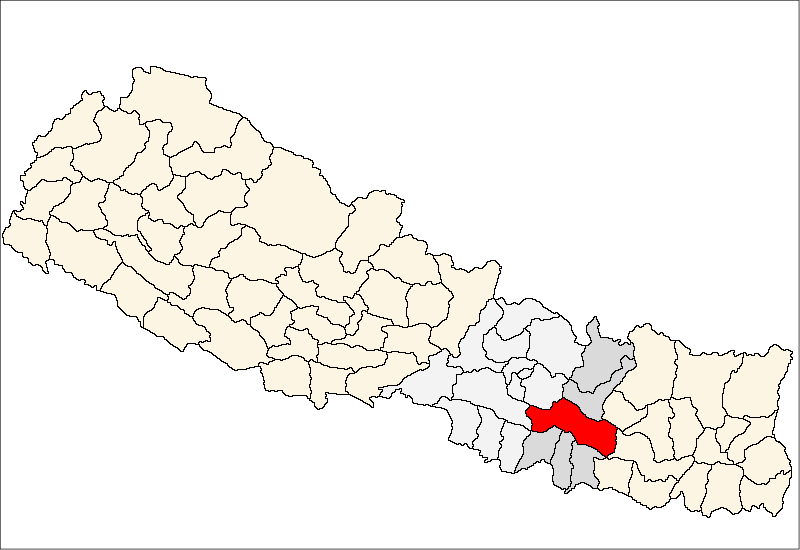
Leave Comment